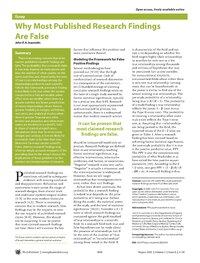
Photo from wikipedia
This study was undertaken to evaluate the performance of anti-drug antibody (ADA) assays constructed by each participating company using common samples including ADA, drug and human serum. The ADA assays… Click to show full abstract
This study was undertaken to evaluate the performance of anti-drug antibody (ADA) assays constructed by each participating company using common samples including ADA, drug and human serum. The ADA assays constructed by each company showed good sensitivity and precision for evaluation of ADA. Cut points for screening and confirmatory assays and assay selectivity were determined by various calculation methods. In evaluations of blind ADA samples, nearly similar results were obtained by the study companies in determinations of whether samples were positive or negative except at the lowest sample concentration (5 ng/mL). In measurement of drug tolerance, for almost samples containing ADA and drugs, more positive results were obtained in assays using acid dissociation compared to those without acid dissociation. Overall, the performance of ADA assays constructed by the 10 companies participating in this study was acceptable in terms of sensitivity and reproducibility for detection and evaluation of immunogenicity in both patients and healthy subjects. On the other hand, based on results for samples containing ADA and drugs, validity of results for ADA assays conducted without acid dissociation was less meaningful and more difficult to evaluate. Thus, acid dissociation was confirmed to be useful for improving drug tolerance.
Journal Title: Drug metabolism and pharmacokinetics
Year Published: 2018
Link to full text (if available)
Share on Social Media: Sign Up to like & get
recommendations!